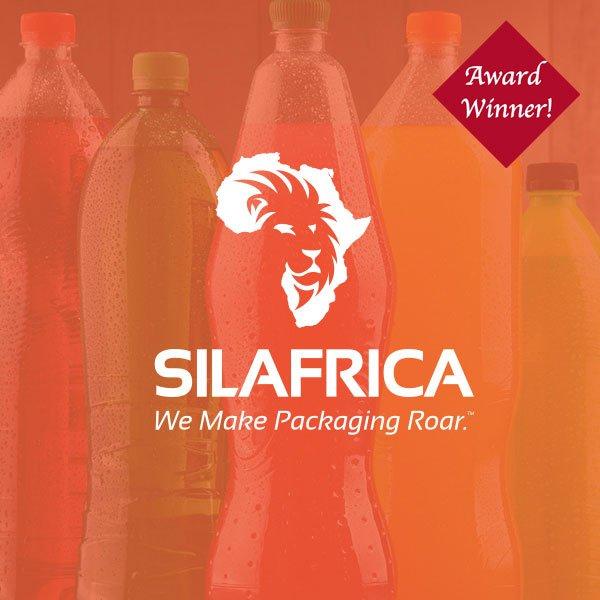Silafrica, a leading packaging company in Africa that supplies plastic packaging throughout East Africa, including Kenya, Ethiopia, Uganda and Tanzania is set to be the first African company to employ the Smart Crate technology. Designed especially for produce, Smart Crates are scheduled to be in production within six months.
The RFID and NFC tag technologies provide some important logistical advantages previously unavailable to the produce industry. A crate equipped with RFID can be tracked throughout its entire journey by scanning at routine checkpoints. NFC tags collect and store data, which can be quickly accessed by simply tapping a smartphone against the tag. The vented crates also offer improved air flow, keeping produce fresher during transit from farm to market.
Using smart crate RFID and NFC tag technologies also makes managing the distribution of produce more streamlined and predictable. Now, companies like Twiga Foods, who sources crops from more than eight thousand farms, can receive real-time data and geolocation information about their products at critical points along the supply chain.
Read also: Coca~Cola’s World Without Waste initiative to create jobs in Kenya
Silafrica is a manufacturer and supplier of plastic and packaging solutions for corporations, CPGs and consumers alike. With headquarters in Nairobi, Kenya, it has manufacturing hubs in Kenya, Tanzania and Ethiopia, and serves clients in these countries as well as Uganda, Rwanda, Zimbabwe, Mozambique and others throughout Africa.
Employing cloud integration data technology, these new advancements revolutionize the time-critical nature of agriculture, logistics and supply chains for perishables. In the past, data communication between the farm and the first tier of distribution was seriously lacking, and because crop size for shipment and distribution varies widely, matching the number of trucks needed to the amount of produce ready for market was a matter of guesswork.
Deploying too many trucks proved to be a waste of resources, while too few trucks meant a delay in produce distribution, which could compromise freshness and product safety. In the future, crates outfitted with RFID and NFC technologies will immediately indicate the produce load for a particular day and calculate the correct number of vehicles required for dispatch.
“Fewer missteps means bringing more product more quickly to the marketplace, and that means happier consumers,” Akshay Shah, Group Managing Director of Silafrica, states. “It also means a reduced carbon footprint and greater sustainability for the future of the earth.”
Silafrica operates under a formal set of guiding principles, which outlines the company’s vision for creating sustainable success and service. Entitled “The Silafrica Way,” it provides a roadmap for serving corporate customers and trade partners as well as community channels in Africa through the application of innovation, professionalism and entrepreneurial energy.
Its role in introducing smart crate RFID and NFC tag technologies across the African continent is just the latest in a series of “firsts” designed to benefit consumers, supply chain partners and ultimately, the earth. Recently, Silafrica became the first African-based company in the packaging industry to join the Pledge 1% movement, which encourages and challenges companies to pledge one percent of equity, profit, product and/or employee time to their communities.
